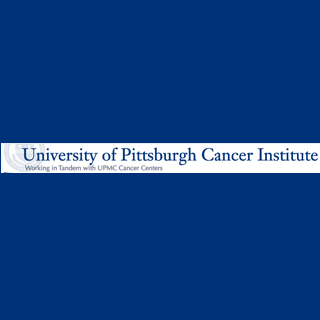
The phase one trial can assess the security and immune response of a vaccine that appears to aim at the proteins usually developed by glioma cells in grouping with Poly-ICLC, an immune system stimulant. The study is claimed to be the first vaccine clinical trial particularly planned for the early stages of brain cancer development.
Low-grade gliomas can turn lethal by ultimately converting into aggressive and quickly developing tumors. By targeting tumors earlier in development, Hideho Okada, M.D., Ph.D., co-leader of UPCI’s Brain Tumor Program and his team anticipate to provoke defensive immunity to avert the development of tumor cells. Present therapy for this disease is to seemingly run the symptoms and eliminate or decrease the tumor. The vaccine is said to be totally synthetic and seems to aim at four of the most general antigens seem in these brain tumors.
Dr. Okada clarified, “We target multiple antigens because if you vaccinate against only one, tumor cells that do not produce that antigen can easily escape the immune attack and grow. Each cancer cell can have a different face than the other cancer cells next to it.â€
To fuel an immune response, he and his team developed peptides, which are short chains of amino acids that are said to look like the antigens and merged them with a helper peptide in addition to the powerful immune enhancer poly-ICLC.
Poly-ICLC is a synthetic molecule that is believed to imitate the molecular signature of viruses. It does not develop in patients’ bodies, but appears to give out powerful signals to trigger an immune response against the glioma proteins.
Dr. Okada mentioned, “Patients with low-grade gliomas have a better quality of life for a longer period of time than those with high-grade gliomas. They have healthier immune systems because they don’t require radiation therapy or chemotherapy, giving us plenty of time to measure their immune responses.â€
Patients who are qualified and register in the trial would be given eight vaccinations and it may be followed for up to two years.
Patients with a positive response could be entitled for a booster vaccination.
